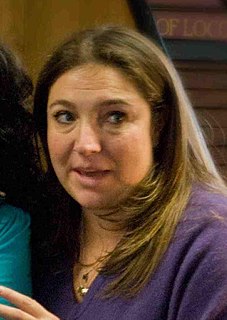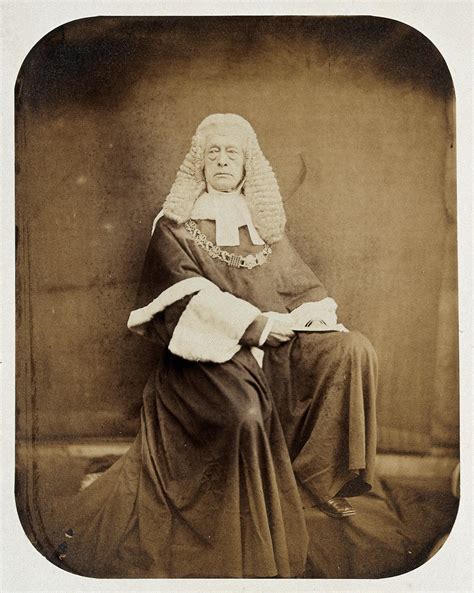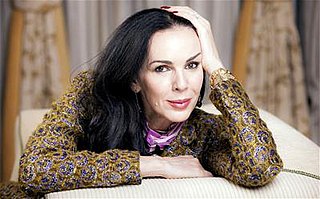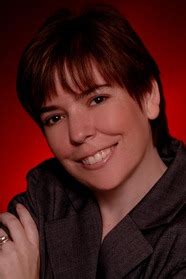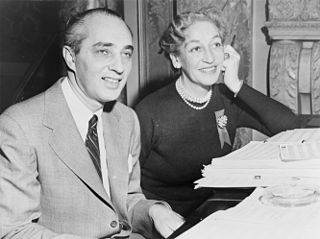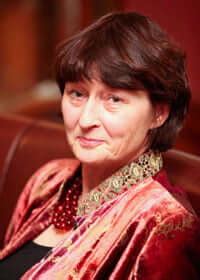A Quote by John Green
Related Quotes
I'm completely uninterested in the origins of Stonehenge. I don't care about the real story behind it or whether it should be saved or not. What I'm interested in is this: in the Victorian era, you could go there as an early cultural tourist and you were given a chisel to chip off a bit of the stones and take it with you. That's what you did in Victorian times.
Surprisingly, fainting sounded like a really good idea. If I fainted, I'd be unconscious, so I wouldn't have to see the impossible anymore, nor would I have to feel so dizzy and sick. Than maybe when I woke up, all of this would go away and I'd find it was all just a bad dream. The mist started to turn dark around the edges.....For the record: fainting sucks.
Lady, lady, never start Conversation toward your heart; Keep your pretty words serene; Never murmur what you mean. Show yourself, by word and look, Swift and shallow as a brook. Be as cool and quick to go As a drop of April snow; Be as delicate and gay As a cherry flower in May. Lady, lady, never speak Of the tears that burn your cheek- She will never win him, whose Words had shown she feared to lose. Be you wise and never sad, You will get your lovely lad. Never serious be, nor true, And your wish will come to you- And if that makes you happy, kid, You'll be the first it ever did.


